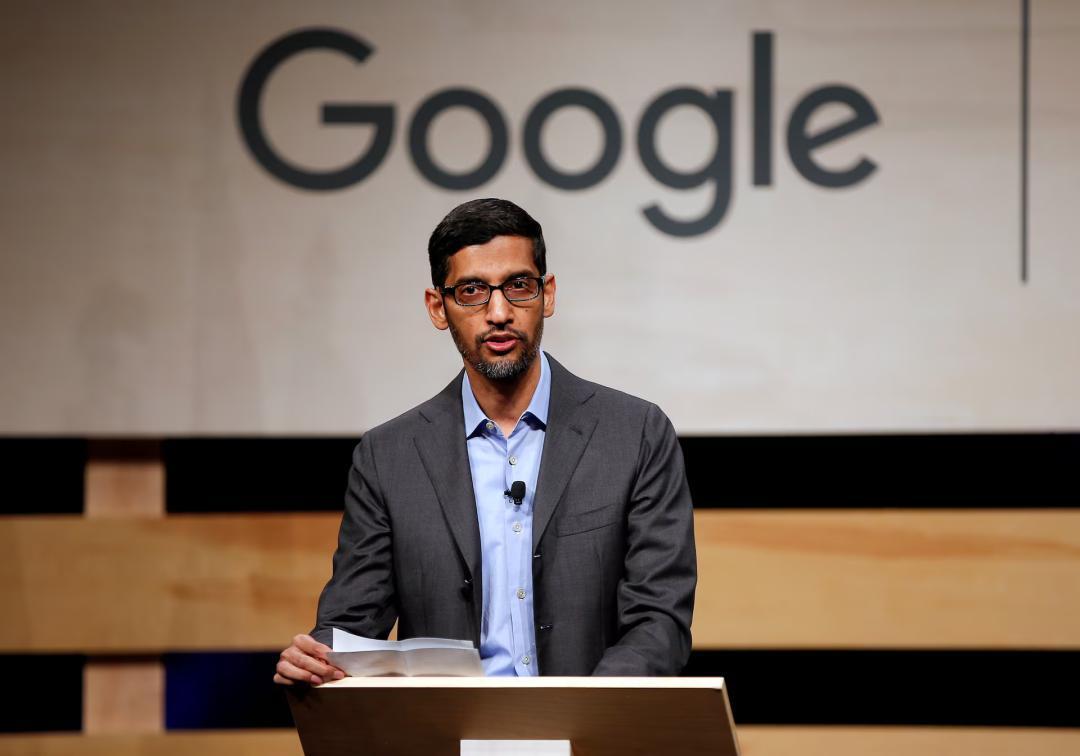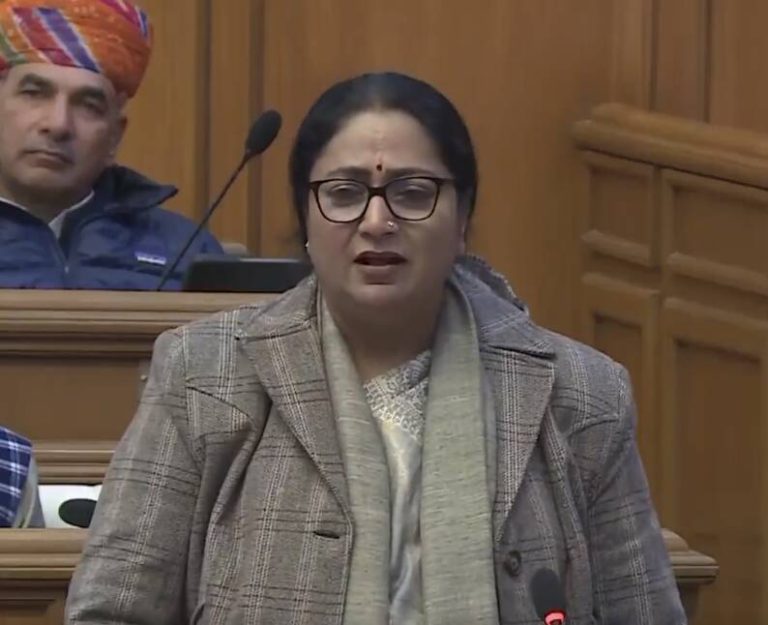
Immigrants have made phenomenal contribution to technology: Pichai
The debate over immigration and its impact on the tech industry has been a contentious one, with many calling for stricter regulations on work visas such as the H1-B. However, in a recent statement, Google CEO Sundar Pichai has come out in support of immigrant contributions to the field of technology. Pichai, who is himself an immigrant, emphasized the crucial role that immigrants have played in shaping the tech industry into what it is today.
According to Pichai, immigrants have made a “phenomenal contribution” to the development of technology, and their skills and talents are essential to the continued growth and innovation of the industry. He also acknowledged that while there may be some shortcomings in the current H1-B visa program, there is still a framework in place that allows for the recruitment of talented individuals from around the world. “There’s a framework by which we all can still bring talented individuals. I think they’re making changes to address some of the shortcomings in the current programme,” Pichai added.
Pichai’s comments come at a time when the US government is considering reforms to the H1-B visa program, which allows companies to temporarily employ foreign workers in specialty occupations. The program has been a lifeline for many tech companies, which rely on it to recruit top talent from around the world. However, some critics have argued that the program is being abused by companies that use it to hire cheap labor, rather than to fill genuine skill gaps.
Despite these criticisms, the evidence suggests that immigrants have indeed made a significant contribution to the tech industry. Many of the world’s leading tech companies, including Google, Facebook, and Microsoft, were founded by immigrants or have immigrant CEOs. Additionally, studies have shown that immigrant entrepreneurs are more likely to start new businesses and create jobs than native-born entrepreneurs.
One of the key reasons why immigrants are so drawn to the tech industry is the fact that it is a field that is inherently global and meritocratic. Tech companies operate on a global scale, and the best ideas and talent can come from anywhere. As a result, the tech industry has long been a magnet for talented individuals from around the world, who are attracted by the opportunity to work on cutting-edge projects and collaborate with other top professionals.
However, the current climate of anti-immigrant sentiment and calls for stricter border controls threatens to undermine the tech industry’s ability to recruit and retain top talent. If the US were to adopt more restrictive immigration policies, it could have serious consequences for the tech industry, which relies heavily on immigrant labor. Not only would it limit the pool of available talent, but it could also drive up labor costs and reduce the industry’s competitiveness.
In this context, Pichai’s comments are a timely reminder of the importance of immigrant contributions to the tech industry. By acknowledging the crucial role that immigrants have played in shaping the industry, Pichai is highlighting the need for a more nuanced and balanced approach to immigration policy. Rather than simply calling for stricter controls, policymakers should be looking for ways to reform the H1-B visa program and other immigration policies to ensure that they are fair, effective, and aligned with the needs of the tech industry.
Ultimately, the success of the tech industry depends on its ability to attract and retain top talent from around the world. By recognizing the phenomenal contribution that immigrants have made to the development of technology, we can work towards creating a more inclusive and meritocratic system that allows the best and brightest to succeed, regardless of their background or nationality.
As Pichai’s comments make clear, immigrants have played a vital role in shaping the tech industry into what it is today. Their skills, talents, and perspectives have helped to drive innovation and growth, and have enabled the industry to tackle some of the world’s most pressing challenges. As we look to the future, it is essential that we continue to recognize and celebrate the contributions of immigrants to the tech industry, and that we work towards creating a more inclusive and welcoming environment for talented individuals from around the world.






